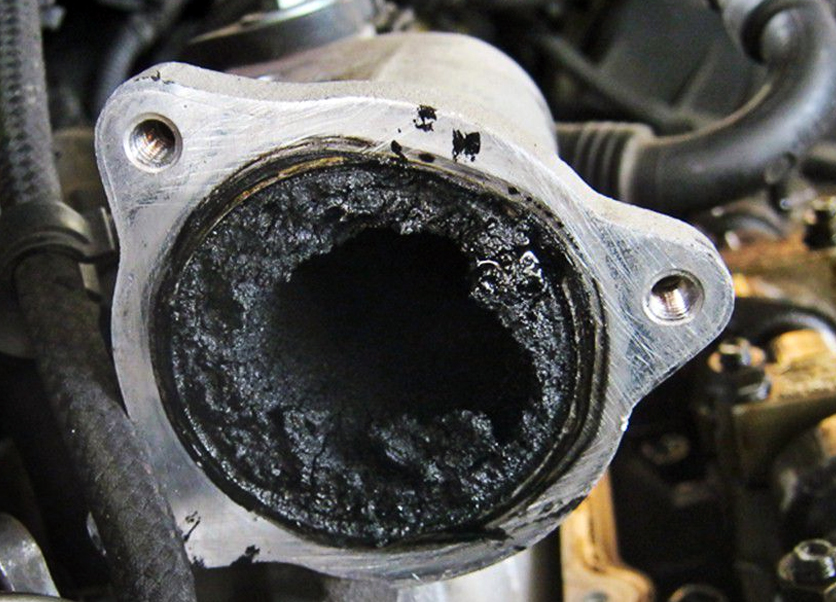
What is EGR Deletion?
EGR deletion is a popular topic among car enthusiasts. Many drivers experience issues with the EGR (Exhaust Gas Recirculation) valve, leading them to wonder whether it’s better to disable or fully remove it. An EGR delete involves disabling the EGR system by placing a gasket within the valve to block gas flow, along with a software update to prevent the EGR from functioning.
Over time, even well-maintained engines accumulate deposits in the EGR system. This issue is particularly common in diesel engines due to the presence of soot in the exhaust. Short trips, especially in diesel vehicles, accelerate this buildup, causing the EGR valve to stick or malfunction. As a result, engine issues can arise, with the effects varying by engine type and EGR design.
Faulty EGR systems often lead to uneven idling, power loss, rough starts, and vibrations during acceleration. Diesel engines may experience reduced turbocharger efficiency due to a clogged EGR. In severe cases, a malfunctioning EGR triggers the ECU to put the engine in "limp mode," restricting performance.
Why Do Drivers Consider EGR Removal?
The EGR valve has a limited lifespan, typically lasting up to 150,000 km under ideal conditions but often requiring attention much sooner. Common reasons for EGR deletion include high repair costs, the difficulty of cleaning the valve, and potential engine issues linked to poor fuel quality and high-sulfur fuels, which increase soot accumulation.
Benefits of EGR Deletion
The advantages of EGR removal are as follows:
Better Fuel Efficiency
By restoring engine performance, EGR deletion can improve fuel efficiency. The EGR delete kit helps keep exhaust gas out of the intake, promoting cleaner engine operation.Enhanced Performance for Modified Diesels
EGR delete kits benefit both stock and modified diesel engines, helping to resolve performance issues and boost gas mileage.Lower Engine Temperature
Blocked EGR systems can cause high temperatures around the engine. With EGR deletion, the engine operates at cooler temperatures due to reduced exhaust gas recirculation.Improved Throttle Response
Removing the EGR system can enhance throttle response and boost power without sacrificing fuel economy or engine lifespan.
Additional benefits include improved power due to increased fresh air intake, reduced risk of oil leaks from worn EGR components, and reduced exhaust emissions.
Are There Downsides to EGR Deletion?
While there are many advantages, there are some drawbacks to consider. Disabling the EGR can void vehicle warranties, increase certain emissions beyond manufacturer specifications, and cause exhaust gases to appear darker or produce light white or black smoke.
